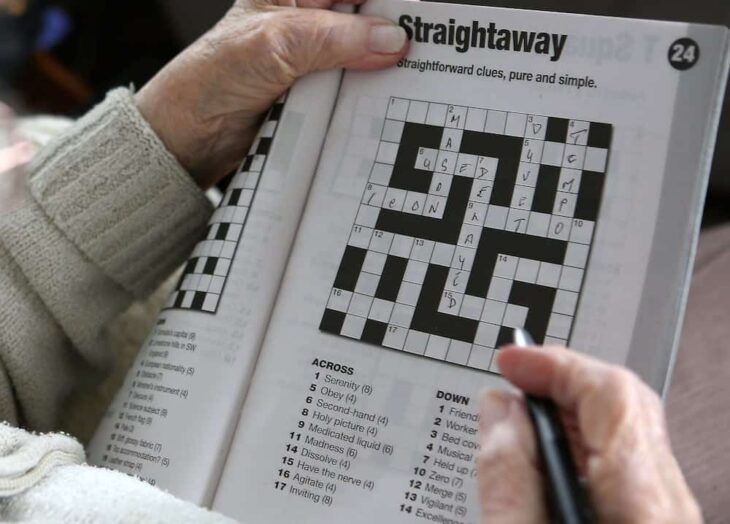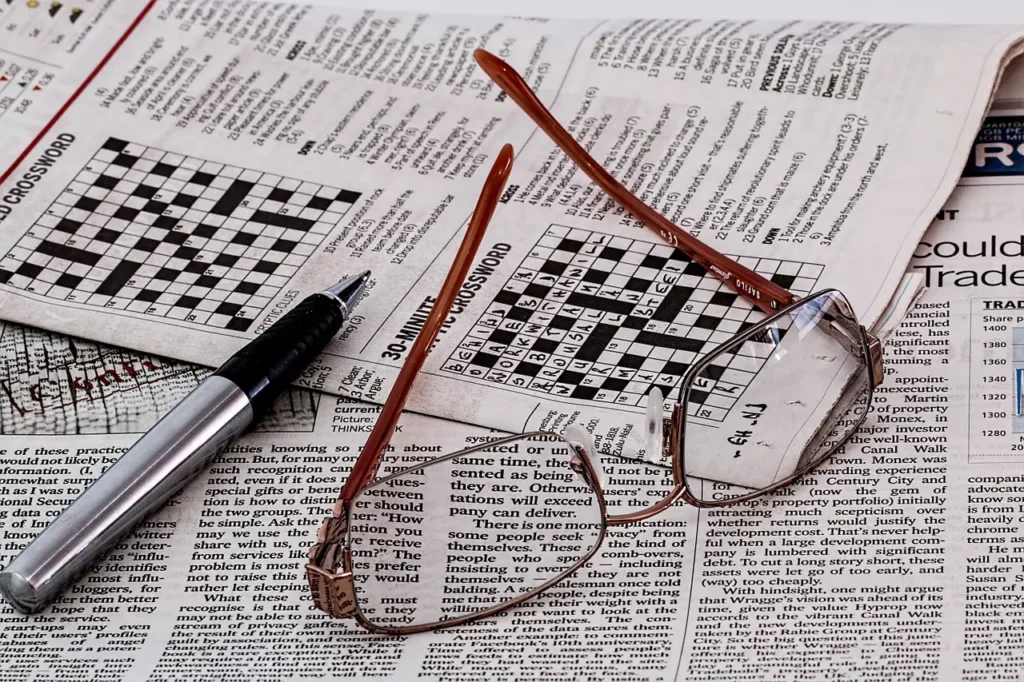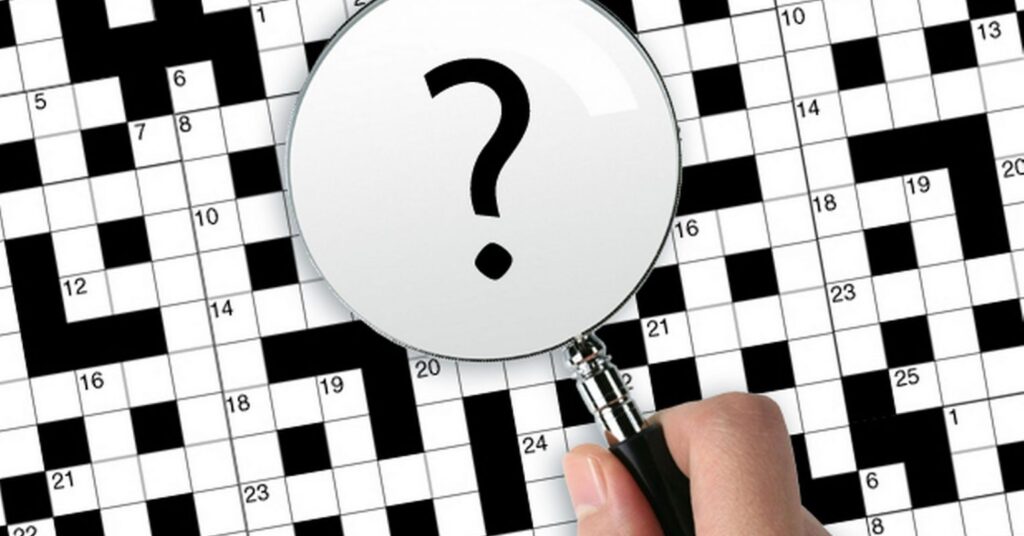
Unraveling the Mind: Can Crossword Puzzles Enhance Cognitive Function and Curtail Brain Shrinkage?
“Have you done your crossword puzzle today?” This question may gain significance as recent studies suggest that engaging in regular crossword puzzles could potentially improve memory and thinking skills. A study published in NEJM Evidence reveals a fascinating correlation between crossword puzzles and cognitive improvement among older adults with mild cognitive impairment. But is this result universally applicable? Let’s delve deeper into the intricacies of this study to decipher its implications and applications.
Study Demographics and Design
The study spanned 18 months, involving participants aged between 62 and 80, all exhibiting mild cognitive impairment. The participant pool was diverse, with 25% identifying as Black or Latino, rendering the results generalizable to the broader US population. Notably, the majority of participants were highly educated.
Participants were divided into two groups: one solved online crossword puzzles, while the other played online cognitive games focusing on memory, processing speed, and executive function. Each group participated in 30-minute sessions four times weekly for 12 weeks, with additional shorter booster sessions.
Cognitive Benefits: A Closer Look

The results were intriguing. On a 70-point scale, crossword puzzles enhanced participants’ cognition by approximately one point at the 12-week timepoint and about half a point at the 78-week timepoint. While seemingly modest, these improvements are significant, with 37% of the crossword participants showcasing at least a two-point improvement – a benchmark for FDA-approved memory-enhancing medication for Alzheimer’s disease. This revelation positions crossword puzzles as a potentially effective tool for improving thinking and memory.
Curtailing Brain Shrinkage
An essential aspect of cognitive health is brain volume, particularly the size of the hippocampus and the thickness of the cortex. The study showcased that engaging in crossword puzzles resulted in 0.5% to 1% less shrinkage in these critical brain structures over 18 months, compared to playing online cognitive games – a notable difference.
How Many Crosswords, and Why?
The study recommends engaging in moderately difficult crossword puzzles, akin to a Thursday New York Times crossword, four times a week for 30 minutes each session. But why are crossword puzzles beneficial? The reasons are multifold:
- Cognitive Challenge: Crossword puzzles present a moderately difficult cognitive task, known to benefit cognitive and brain health.
- Engagement of Brain Regions: They stimulate multiple brain regions, forging new connections, and consequently, strengthening the hippocampus and cortex.
- Social Interaction: Often, solving crossword puzzles is a social activity, which has been associated with enhanced connectivity between different brain parts.

Conclusion
While the study’s results predominantly pertain to older adults with mild cognitive impairment, they open avenues for further research into the benefits of crossword puzzles among healthy adults. The cognitive improvement and reduced brain shrinkage observed suggest that incorporating crossword puzzles into our routine could potentially bolster our cognitive and brain health. So, why wait? Grab that crossword puzzle today, and embark on a journey to a sharper mind!